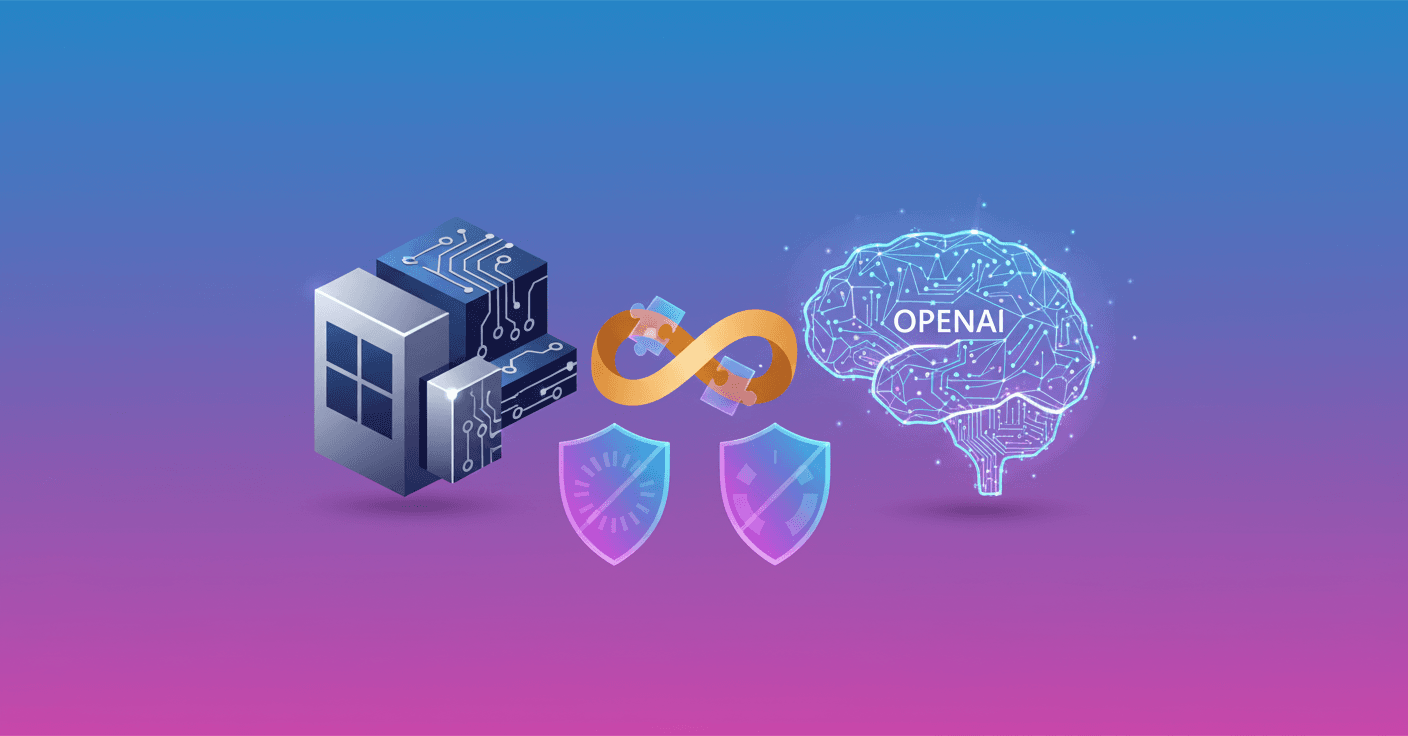OpenAI and Microsoft announced they signed an MOU (memorandum of understanding) non-binding for the next phase of their alliance. The statement, dated September 11, 2025, says both companies are working to turn that understanding into a formal definitive agreement and that they share a focus on delivering AI tools with safety as a priority. (openai.com)
What exactly did they announce?
The core of the announcement is simple: a non-binding MOU that starts negotiations for a new stage in the relationship between OpenAI and Microsoft. It's not a final legal contract yet — it's a formal step toward agreeing terms that would later be written into a definitive deal. The official note underscores the intention to keep collaborating to provide AI tools and highlights safety as a central principle. (openai.com)
Key point: this is a preliminary agreement, not the fine print. That means there's political and commercial intent, but details still need to be validated and regulatory approvals obtained.
Why does this matter to you (users, companies, and developers)?
Are you wondering if this changes how products like Copilot or Azure behave for you? In the short term, you probably won't see immediate differences in your daily account. The important thing is the signal: two powerful players are reordering their relationship for the next phase of AI.
If the deal moves forward, it could affect everything from enterprise integrations to who supplies compute capacity to train large models. (axios.com)
For companies, negotiations could redefine intellectual property rights, preferred access to models, and business terms like pricing, exclusivities, and revenue sharing. For developers, the biggest impact will be technical: where models run (which cloud), which APIs remain exclusive, and what requirements are imposed for enterprise integrations. (blogs.microsoft.com)
Broader context: this isn't an isolated move
This news arrives amid several strategic shifts across the ecosystem: changes in infrastructure agreements, new partnerships, and big players looking for alternatives. Some recent reports suggest Microsoft is exploring diversifying AI sources and strengthening its own hardware and model capabilities, while still wanting to collaborate with OpenAI under renewed terms.
That helps explain why an MOU can be a way to preserve cooperation without closing other strategic avenues. (businessinsider.com)
What’s next: concrete steps and risks
- Redrafting the definitive agreement: the parties will negotiate legal and commercial terms. That can take weeks or months.
- Regulatory approvals: any material change in control or market positions could need authorities' green light. That adds uncertainty.
- Reaction from investors and partners: some stakeholders may push for or against the deal depending on how it affects governance and value distribution.
So, there is a clear roadmap but with potential frictions. Until there's a definitive agreement and necessary approvals, terms can change. (openai.com)
What should companies and professionals do now?
- Evaluate dependency risk: if your product depends on APIs or infrastructure from a single company, consider contingency plans.
- Review contracts: legal teams should monitor clauses about exclusivity and access to IP.
- Watch official announcements closely: an
MOUevolves; real traction comes with the final agreement and its technical implementation.
And individual users? Stay calm: the tools you use will keep working while companies negotiate — but be alert for changes in pricing or enterprise-level availability.
Final reflection
Seeing OpenAI and Microsoft sign an MOU on September 11, 2025 is a clear sign that the relationship between big AI providers is still evolving. It's not the end of the story, but the start of negotiations that could redraw key pieces of the ecosystem: who trains models, who hosts them, and how value gets divided. Does that sound like a lot of politics for the technology you use every day? It is. But it's also an opportunity for companies and developers to become more resilient and less dependent on a single provider. (openai.com)
